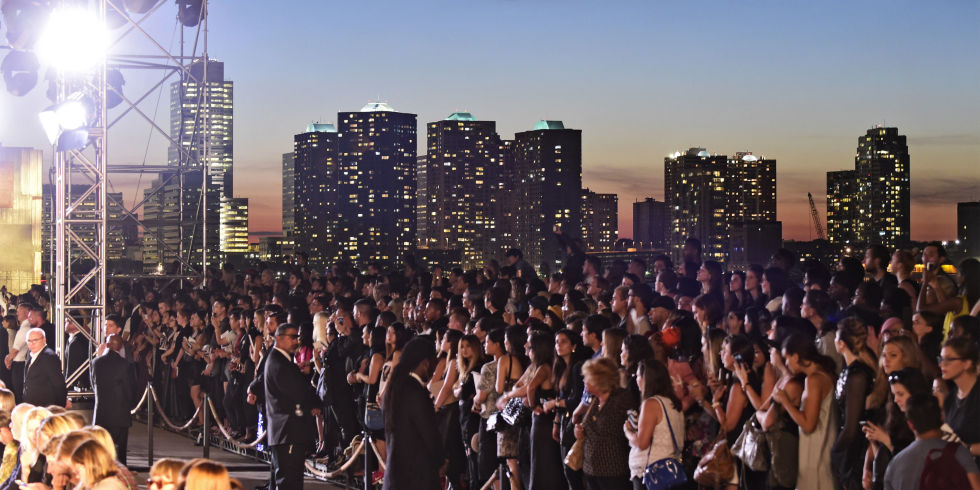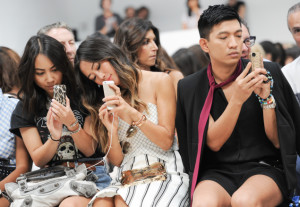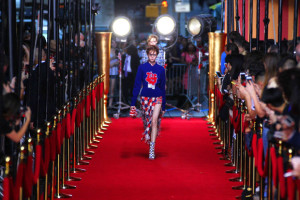
Fashion Week has been an exclusive event for so many years. But the introduction of Social Media with platforms such as Instagram, Twitter and Facebook changed the way we consume shows and how they happen in real time.
Runway photos are instantly available as front row guest share them and a person’s followers is given the virtual experience of being there too. But the clichéd model of the Fashion Show is about to change: Rebecca Minkoff announced to show her collection to an audience consisting of 30-50% consumers, and items will hit stores within 45 days after the show.

This wave of change has been steadily growing – Givenchy’s one-off 9/11 show dominated the New York Fashion Week headlines in September and gained a lot of buzz for offering 820 tickets to the public via a lottery. This is the reason why the Boston Consulting Group recently commissioned a study about why the consumer facing Fashion Week is a right step.
Designers could have presentations reserved for buyers and press one season before they land in stores, leaving runway shows to showcase in-season items for a consumer audience.
“Technology has utterly changed everything in our industry,” Ken Downing, Fashion Director and Senior Vice President of Neiman Marcus. “That customer continues to follow Instagram and Twitter and watches the live-stream of fashion shows. When they are seeing clothes, they are less aware of seasons. What they are seeing, they want.“

Fashion Week Makeover PROS?
Consumers have been enjoying the recent access they have been given to Fashion Week. Social Media posts and contests have made it easier for the ultimate consumer. Brands should now try to give them more importance and offer better seats. This will generate more revenue for the brands and will allow the brands to engage with customers directly.
As CFDA chairman Diane von Furstenberg suggested this new system could effectively prevent the proliferation of designer knock-offs at fast fashion chains. With the current system, she told WWD, “the only people who benefit are the people who copy it.” Of course, the new Fashion Week system won’t stop mass retailers from ripping off pieces from the runway. But now that you can buy the original designs right away, the demand for knockoffs won’t be as high.
Fashion Week Makeover CONS?
Consumers could lose interest now that Fashion Week is less elitist and more accessible and designers may bypass Fashion Week, like Thai designer Thakoon, who isn’t currently listed on the official calendar for New York Fashion Week in February.
Photo Courtesy of Getty

